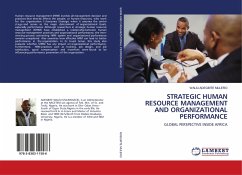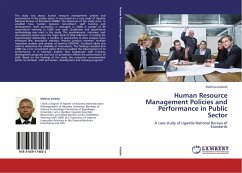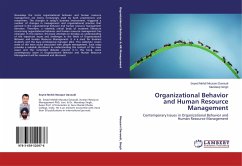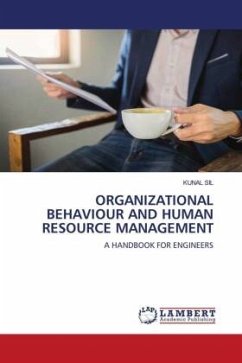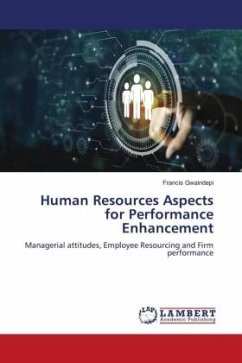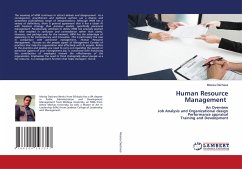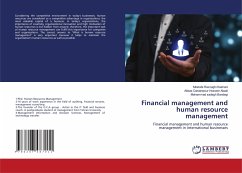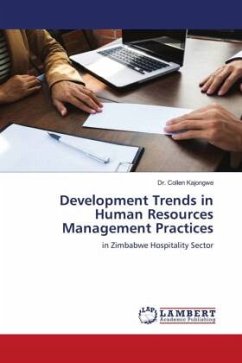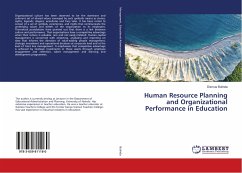
Human Resource Planning and Organizational Performance in Education
Versandkostenfrei!
Versandfertig in 6-10 Tagen
38,99 €
inkl. MwSt.

PAYBACK Punkte
19 °P sammeln!
Organizational culture has been observed to be the dominant and coherent set of shared values conveyed by such symbolic means as stories, myths, legends, slogans, anecdotes and fairy tales. It has been noted to consist of a set of symbols, ceremonies, and myths that communicate the underlying values and beliefs of the organization to its employees. Theoretical postulations have pointed out that there is a link between culture and performance. That organizations have a competitive advantage when their culture is valuable, rare and not easily imitated. Human capital management is concerned with ...
Organizational culture has been observed to be the dominant and coherent set of shared values conveyed by such symbolic means as stories, myths, legends, slogans, anecdotes and fairy tales. It has been noted to consist of a set of symbols, ceremonies, and myths that communicate the underlying values and beliefs of the organization to its employees. Theoretical postulations have pointed out that there is a link between culture and performance. That organizations have a competitive advantage when their culture is valuable, rare and not easily imitated. Human capital management is concerned with obtaining, analyzing and reporting on data that informs the direction of value-adding people management, strategic investment and operational decisions at corporate level and at the level of front line management. It emphasizes that competitive advantage is achieved by strategic investments in those assets through employee engagement and retention, talent management and learning and development programmes.



